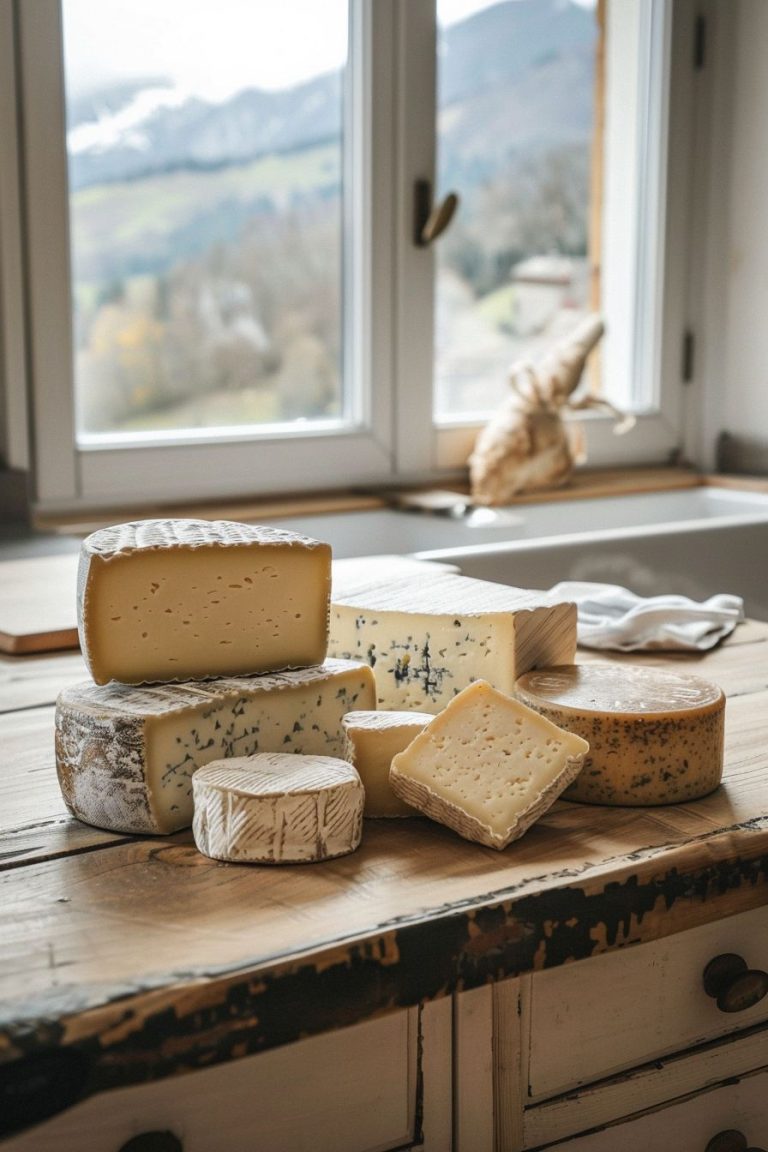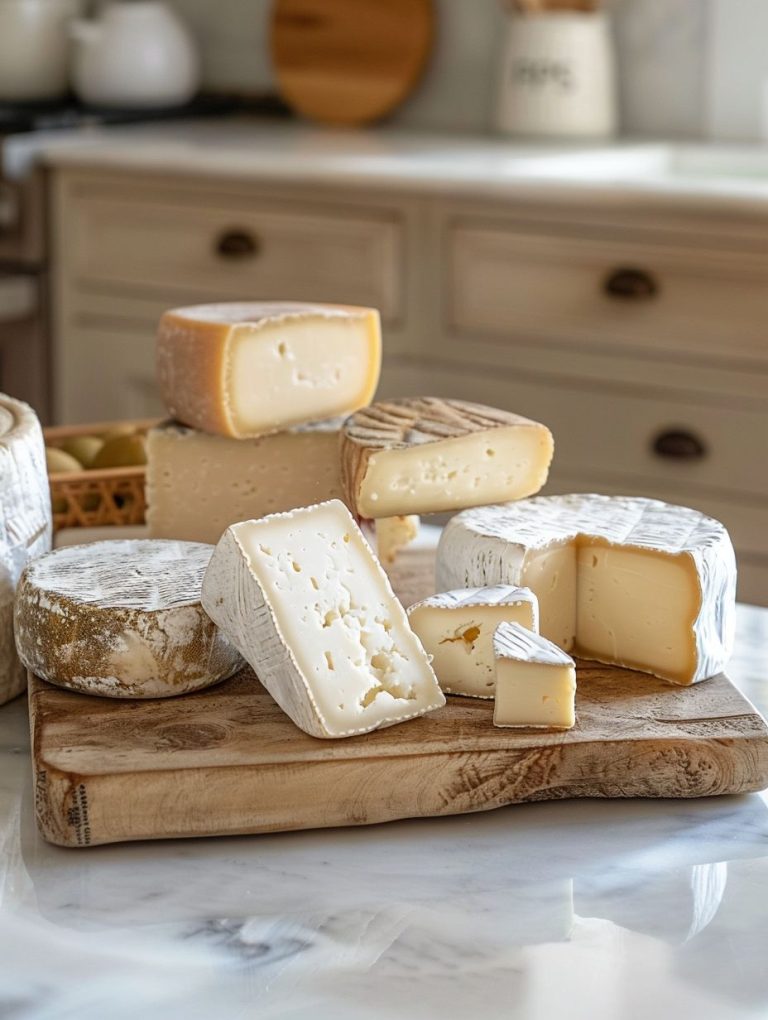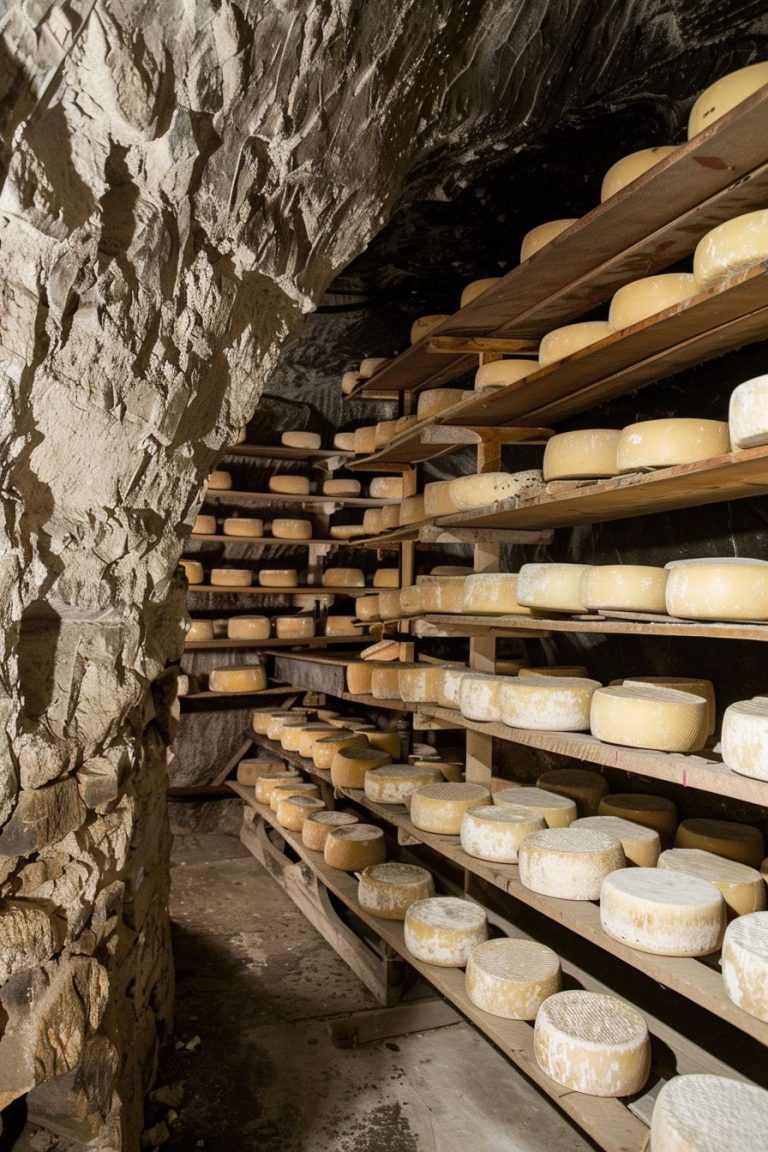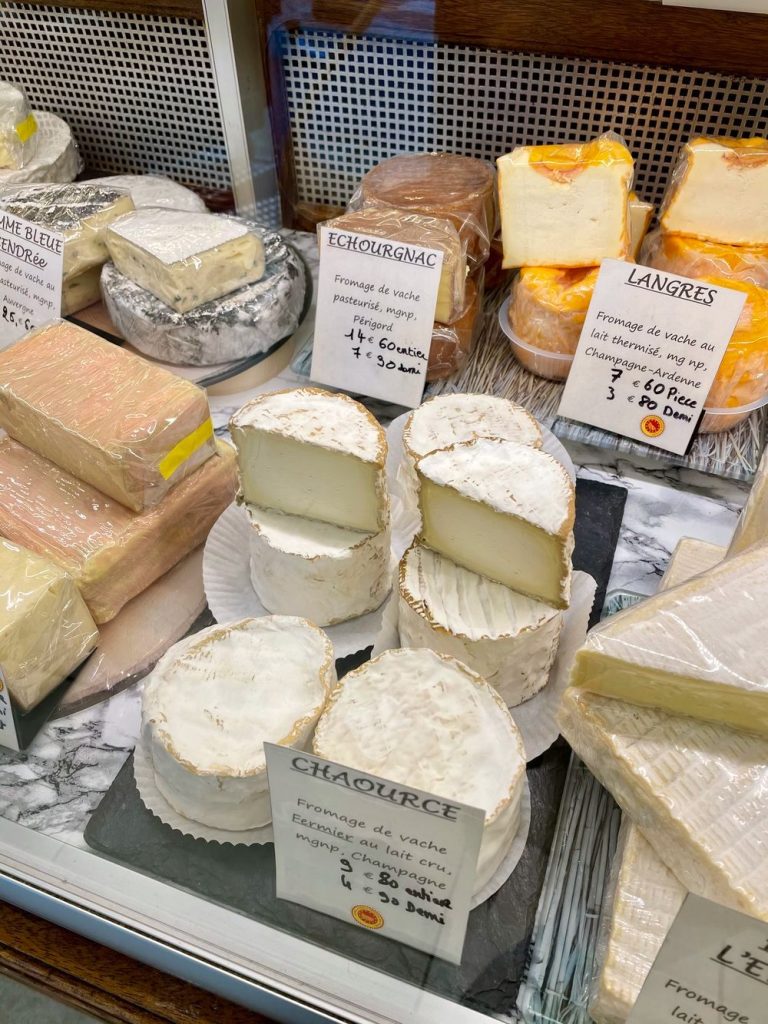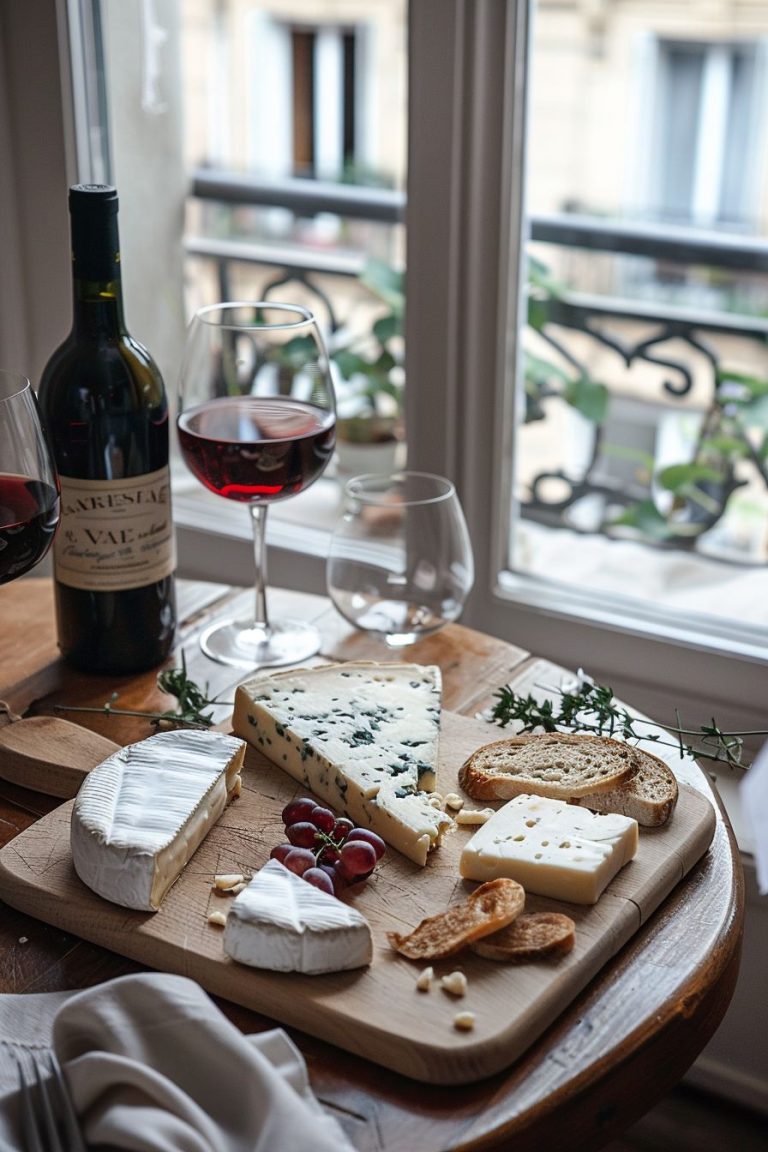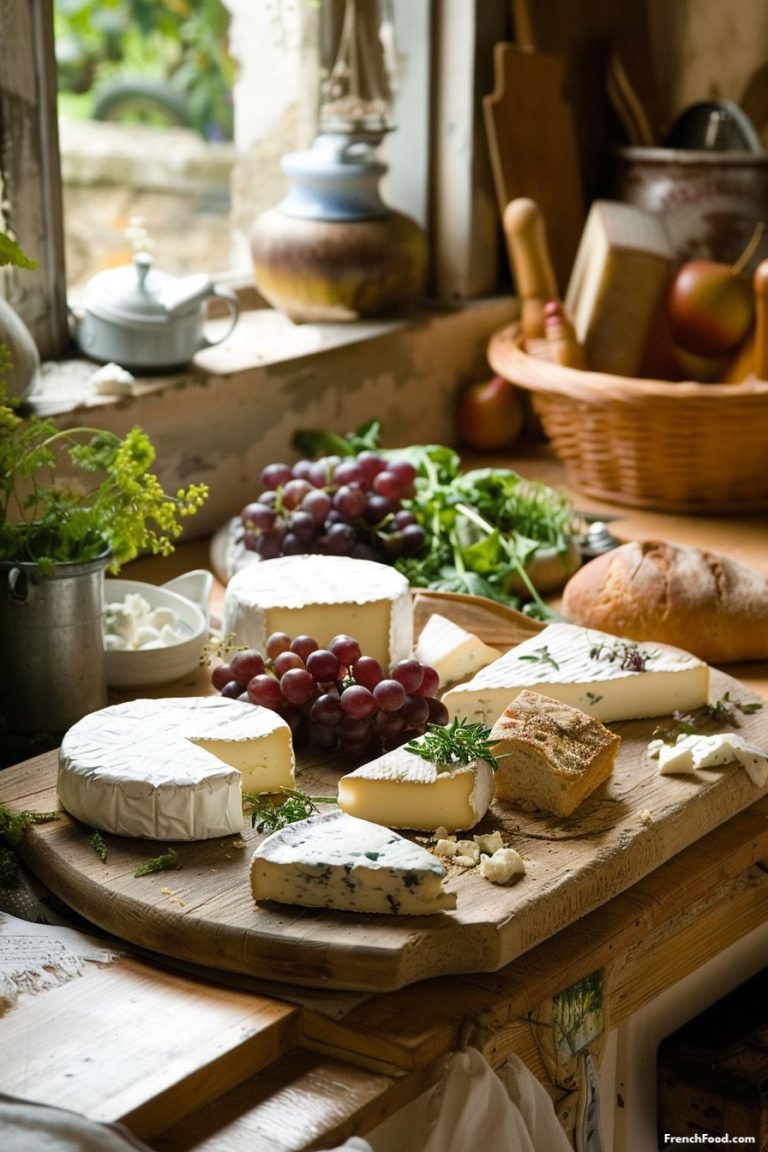8 French Cheese Etiquette Tips and Customs You Must Know
We may earn a commission through all links on this website. As an Amazon Associate, we earn from qualifying purchases.Today, we will be indulging in an essential part of French culture, and that, my dear readers, is cheese! Yes, you heard it right! We are diving headfirst into the world of Camembert, Roquefort, and Brie to unravel the mysteries of French cheese etiquette.
To many Americans, cheese is simply a tasty accompaniment to crackers or an essential ingredient in the beloved mac ‘n’ cheese. But in France, cheese is far more than just a food item—it’s an art form, a tradition, and, dare I say, a way of life. It’s enjoyed with a sense of respect and ceremony steeped in history and full of complex nuances.
Thankfully, understanding French cheese etiquette isn’t as daunting as it may sound. It’s a path to new flavors, delightful textures, and a wonderful way to elevate any dining experience.
As a part-time French resident, I’ll guide you through the ins and outs of cheese etiquette, ensuring that the next time you find yourself at a French dinner party or want to host a classy wine and cheese night, you’ll navigate that cheese board like a true connoisseur.
You’ll learn when and how to serve cheese, the correct way to cut different varieties, and the art of pairing cheese with just the right wines. Let’s get started, mes amies, and prepare for a delightful, cheesy adventure!
When enjoying cheese, particularly in a formal or communal setting, there are certain rules of etiquette that you might find helpful:
Cheese Cutting
The way you cut cheese depends on its shape. The general rule is to maintain the existing shape of the cheese so that the last person to get the cheese gets a fair share.
For example, if it’s a wheel, you cut a wedge, and if it’s already a wedge, you slice along the edge to maintain the wedge shape. For cylindrical cheeses, you cut a cross-section to keep the circle shape.
Serving Tools
Always serve cheese with the right tools! Use cheese knives or cheese planes for hard cheeses, and for soft cheeses, you might provide a small spreader.
Cheese Eating Order
Respect the correct cheese-eating order, guys. When presented with a cheese board, there’s typically an order to follow – start with the milder cheeses and work your way up to the strongest, such as blues.
How to Handle Cheese
Handle the cheese with care! Avoid touching the cheese with your hands. Use a cheese knife or cheese fork to pick up the cheese.
Cheese Portions
Little cheese, big cheese. When partaking of a cheese platter, take a reasonable amount of cheese during your turn. It’s better to take a small amount and come back for seconds if desired, rather than taking too much at once.
Cheese Temperature
Keep calm. Cheese is best served at room temperature to allow the flavors to fully develop. Cheese should be removed from the refrigerator at least an hour before serving.
Cheese Pairing
When paired with wine or other accompaniments, try each cheese on its own before trying it with its pairing to appreciate the cheese’s unique flavor.
One Cheese at a Time
Don’t mix business with pleasure – or cheeses. Once you’ve cut a slice of cheese for yourself, it’s generally considered best not to mix flavors on your plate. For example, if there’s a cheese with a particularly strong flavor, like blue cheese, try to keep it separate so the flavor doesn’t contaminate the others.
Remember, the primary goal is to enjoy the cheese and the company! The etiquette is there to make the experience more enjoyable for everyone, but the rules are not hard and fast.


